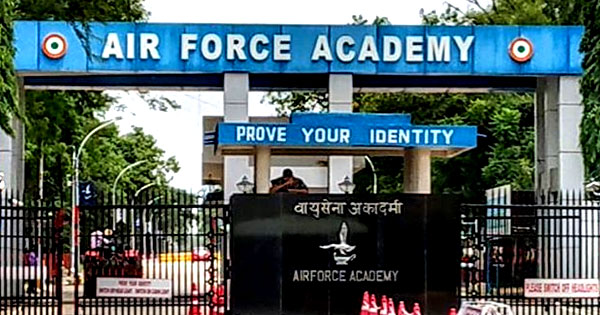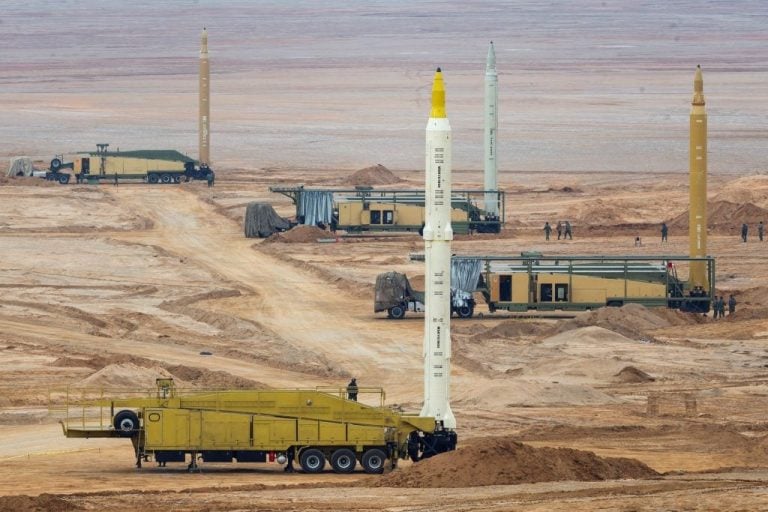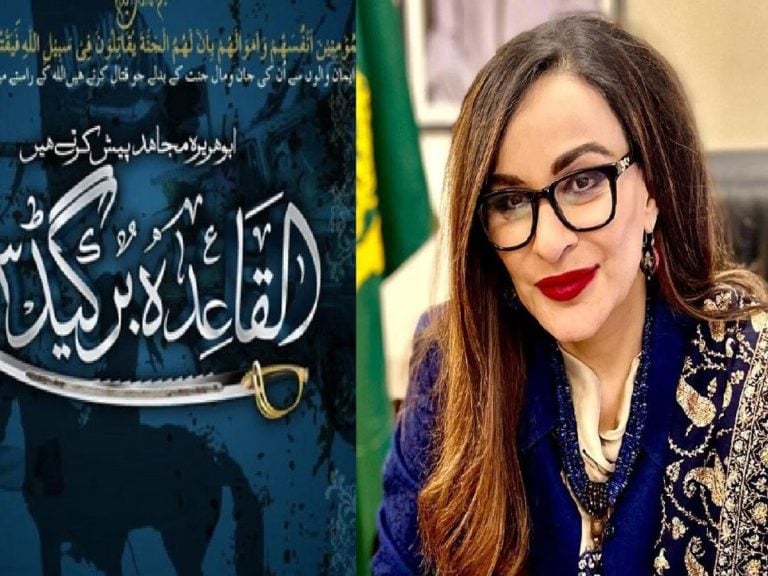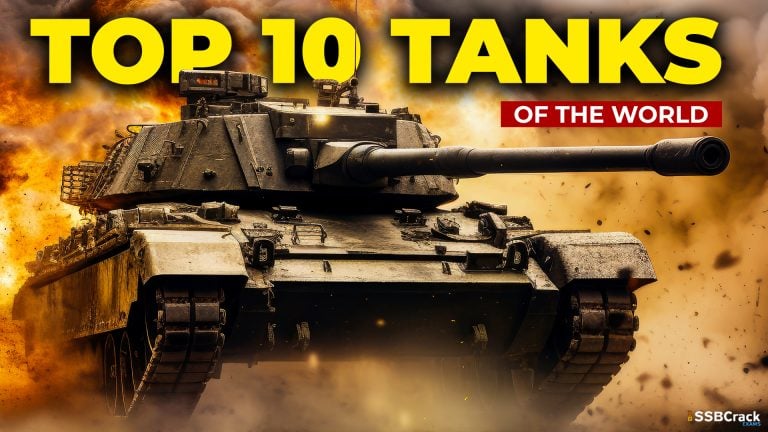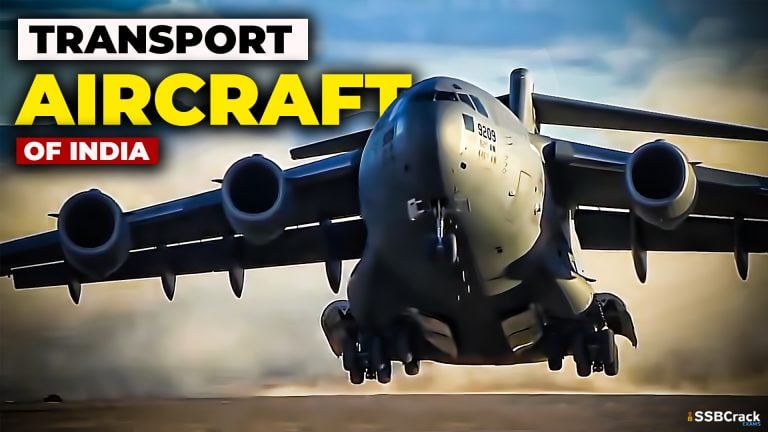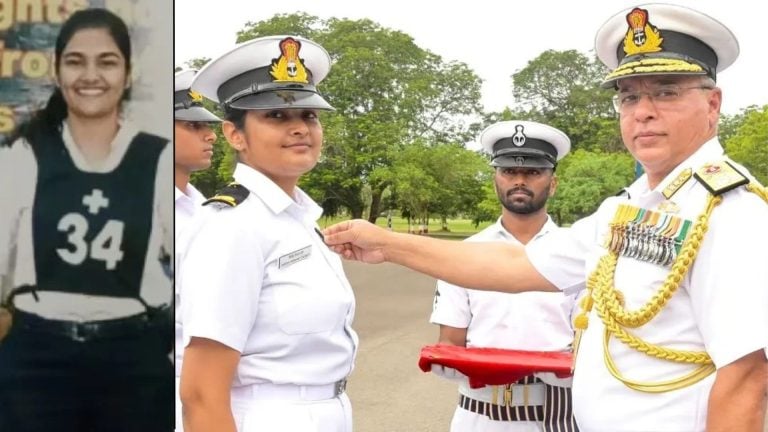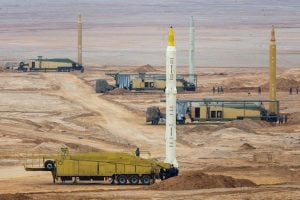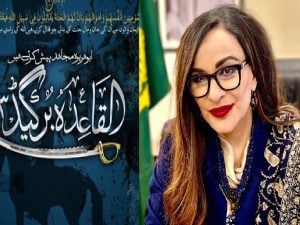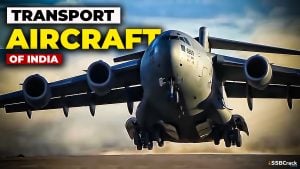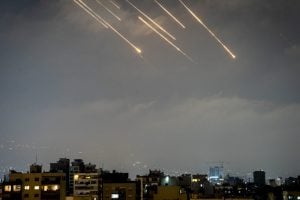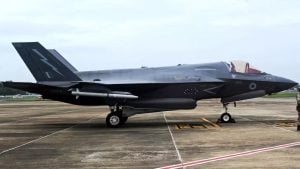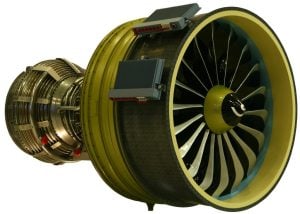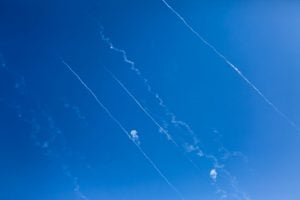Unlike the Indian Army, the Indian Airforce was established later and that’s why its major establishments were made due to the strategic planning after the partition of India. These establishments and training academies were also made by keeping in mind the 2 or more front war that India would have to tackle in future. It was officially established on 8 October 1932 as an auxiliary air force of the British Empire which honoured India’s aviation service during World War II with the prefix Royal. After India gained independence from the United Kingdom in 1947, the name Royal Indian Air Force was kept and served in the name of Dominion of India. With the government’s transition to a Republic in 1950, the prefix Royal was removed.
Coming back to our core issue after the candidates have cleared the respective written exam and consecutively the SSB selection procedure, they are sent to one of the Air Force training establishments for your training. Here they undergo a scientifically planned rigorous physical, mental and academic training that is aimed to gear and brace them up for the adventurous life in the Indian Air Force. To aim for these, the state needs some extraordinary training academies and establishments that can ensure an elite world-class training for the cadets to make them stand at par with other developed nations.
All the Air Force training establishments are equipped with the state-of-the-art infrastructure and the best of the facilities including clubs, swimming pools, squash courts etc. Once the cadets join the training establishments, Air Force takes care of all your requirements like food, lodging etc. and also gives you a monthly stipend during the training period. The Indian Airforce has the following Air Force Training Centres in India at present that are imparting general as well as specialisation training to Gentlemen as well as Lady cadets.
Air Force Academy, Dundigal
Air Force Academy (AFA), the elite training centre of the Indian Air, is the foundation of training for pilots, ground duty and technical officers of IAF. It was established in 1969 and started functioning in 1971. Air Force Academy, Dundigal or commonly known as AFA is located at Dundigal, about 25 km away from the twin cities of Hyderabad and Secunderabad. It is spread over 7,000 acres of land. The institute was set up with the intention of training cadets from all streams and branches of Indian Airforce at one central location.
Air Force Technical College
Air Force Technical College was established on 4 July 1949. The aim of the college is to educate and train engineers from various disciplines on the current technologies of aircraft, weapon and support system held by Indian Air Force and also to instil qualities of military leadership, managerial skills, values and ethos of an Air Warrior, to enable them to function effectively as aeronautical engineers and contribute to the growth of knowledge through research and development as members of the officer cadre of the Indian Air Force.
On completion of 22 weeks of initial training conducted at Air Force Academy. Thereafter, the remaining 52 weeks of training of engineering officers is conducted at Air Force Technical College (AFTC), Bangalore. The training at AFTC is divided into two terms of 24 weeks each separated by a term break. The training includes work in electronic and propulsion labs, specialisation involving visits to R & D establishments, aviation, electronic industries and front line field units to facilitate assimilation. A balance is maintained between theoretical knowledge and hands-on experience on simulated as well as actual equipment to augment the technical skills. Officers of the Indian Army as well as Indian Navy along with several friendly countries’ officers also do take training in this elite and premier institute.
Air Force Administrative College
Air Force Administrative College (AFAC), located at Coimbatore, is one of the oldest training establishments of the Indian Air Force. The aim of the College is to impart advanced training to the officers in various branches of the IAF and perfect their knowledge & skill so as to enable them to handle their duties independently in their respective branches. The College has won laurels and applause from all quarters. The President of India, His Excellency Sri KR Narayanan presented the Colours in October 2000. The College serves as a gateway to the vast and mighty doors of the IAF.
It has been set up exclusively for conducting training programs for in-service officers of the Air Force, Navy and Army as well as officers of friendly foreign countries. Various courses conducted for in-service officers are mentioned below:
• Basic Air Staff Course: Officers (BASCO)
• Intermediate Air Staff Course: Officers (ISCO)
• Basic Professional Knowledge Course: Officers (BPKC)
• Advances Professional Knowledge Course: Officers (APKC)
• Para Legal Course
Besides these, this College is a premier and elite institute for conducting Meteorology branch-related courses that are mentioned below:
• Initial Forecasters’ Course (IFC)
• Advanced Met Courses for Met Tradesmen (SNCOs)
• 2nd Stage Training of GDOC (Met)
Flying Instructors School
Flying Instructors School (FIS) is tasked to impart quality training to experienced pilots and mould them into dedicated and extremely skilled flying instructors. The admirable status of our military pilots in measure of sheer professionalism is distinct testimony to the efforts of FIS year after year. FIS is a source of pride and the envy of all professionally competent aviators.
Airmen Training School, Belgaum
All ab-initio airmen recruits undergo twelve weeks of Joint Basic Phase Training (JBPT) which aims to inculcate service ethos, value system and military bearing amongst the recruits. The Institute conducts four JBPT courses annually and trains 8800 ab-initio trainees every year. The recruits are trained at five different Squadrons, namely Katre, Lal, Latif, Majumdar & Mehar. The curriculum includes General Service Training (GST) and General Service Knowledge (GSK), apart from the focus on improving the standard of English, Hindi and Basic Computer knowledge.
Due to the drastic impact of COVID 19, the academic institutes are also closed and you have a great deal of time in your hands. This is a great time to try new things that technology has brought to you while challenging yourself such as Online Courses at SSBCrack Exams. Taking AFCAT+EKT Written Online courses will not only give you access to full-length quality lectures but will also provide the facility to take standardized mock tests for comparative study and growth.
You can take multiple quizzes after each lesson to ensure the full understanding of the subject along with creating your customized lesson plans. Practice with online quiz and test series at SSBCrackExams is the best way to check your performance. Online test series and quiz will also help you increase your speed and this is very helpful in the real exam. To get good marks in the AFCAT 2020 examination, candidates will have to practice in online mode with increased frequency. You are advised to attempt more quizzes and mock tests regularly from reliable sources such as SSBCrack Exams.
You can check out the course content along with other important specifics at SSBCrackExams. You can also access these on the SSBCrackExams app available at google play store. Jai Hind


